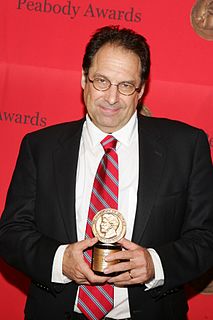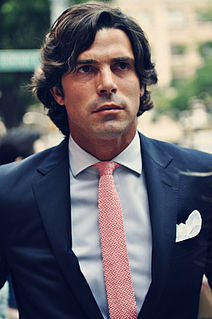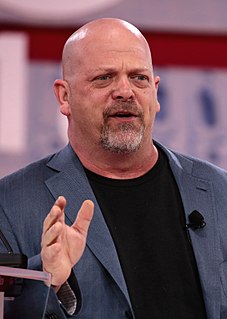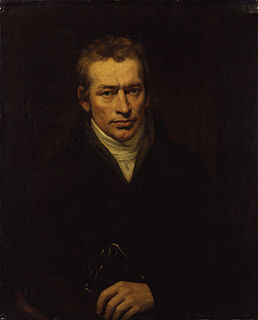A Quote by Paul Engle
Other families bought automobiles; we had a horse-headed hitching post in front of our house and drove horses.
Related Quotes
I realized horses have personality when I bought one and I had one, who's now out to pasture, a horse named Drifter. Before that, I was a city boy. Horses, I used to go out to the LaBagh Woods and ride at a stable once every two years or something; no idea about horses. Dogs, I knew, had personalities, but not horses.
Let the people walk. Or ride horses, bicycles, mules, wild pigs-anything-but keep the automobiles and the motorcycles and all their motorized relatives out. We have agreed not to drive our automobiles into cathedrals, concert halls, art museums, legislative assemblies, private bedrooms and other sanctums of our culture; we should treat our national parks with the same deference, for they, too, are holy places.
Technological revolutions are very hard to predict. My favourite example is someone in 1850 taking care of horses as a farrier. They would have said, "Look, horses have been part of human existence for 5,000 years. We are horse people. It's permanent." But all of a sudden, the internal combustion engine comes along and, with it, oil fields and automobiles, which basically replace the horse completely. So we often have these long periods of stability and then a sudden inflection point.
There's an ancient bond that still exists today between horses and humans, it is even there with people that have never ridden a horse or been around horses. The horse is what settled the entire west. If it weren’t for the horse they’d probably be only a couple hundred miles from where they started. A lot of people don’t realize how much they owe the horse because it’s not so much a part of our culture right now as it used to be.
Dakota tribal wisdom says that when you're on a dead horse, the best strategy is to dismount. Of course, there are other strategies. You can change riders. You can get a committee to study the dead horse. You can benchmark how other companies ride dead horses. You can declare that it's cheaper to feed a dead horse. You can harness several dead horses together. But after you've tried all these things, you're still going to have to dismount.
I have to say my relationship with the horses is the biggest thing, and it grows. I love horses more and more every day, and I'm breeding, so when I'm playing a horse that's the son of a horse, the daughter of a horse I used to play, it's like bonding. So I think that's the most amazing part of it. It's the passion that we polo players have for the horses first, and then the game and the strategy of the game and winning and the team and your teammates, all of those things are a big part of it, but the horses are my favorite part.
We gallop through our lives like circus performers balancing on two speeding side-by-side horses--one foot is on the horse called "fate," the other on the horse called "free will." And the question you have to ask every day is--which horse is which? Which horse do I need to stop worrying about because it's not under my control, and which do I need to steer with concentrated effort?
In his anti-Darwinian book... (and eponymously named The Neck of the Giraffe ), Francis Hitching tells the story... "The need to survive by reaching ever higher for food is, like so many Darwinian explanations of its kind, little more than a post hoc speculation." Hitching is quite correct, but he rebuts a fairy story that Darwin was far too smart to tell - even though the tale later entered our high school texts as a "classic case" nonetheless.





































